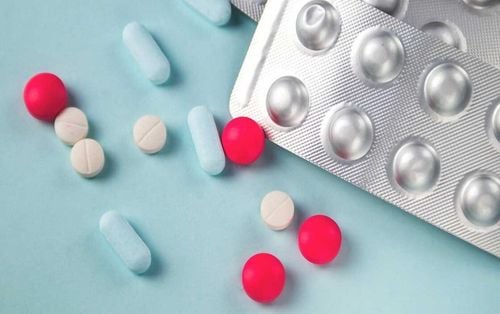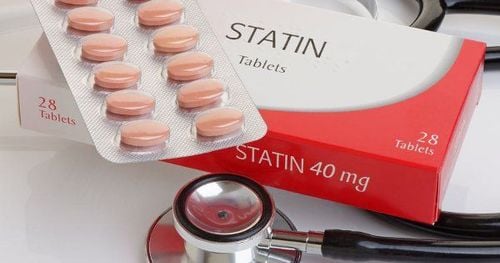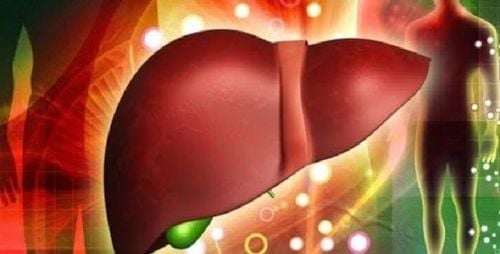This is an automatically translated article.
The article is professionally consulted by Master, Doctor Nguyen Tung Hoanh - Department of Resuscitation - Emergency - Vinmec Nha Trang International General Hospital.The complications of primary sclerosing cholangitis are very dangerous, they affect the digestive organs and other organs in the body. Therefore, early diagnosis is necessary for early treatment.
1. What is primary sclerosing cholangitis?
Primary sclerosing cholangitis is a disease of the biliary tract. In primary sclerosing cholangitis, the inflammation causes scars in the bile ducts that make the ducts hard and narrow, eventually causing serious liver damage.The cause of primary sclerosing cholangitis is often unknown. The disease is usually found in people with the following conditions:
Autoimmune disorders; Chronic pancreatitis ; Inflammatory bowel disease (Crohn's disease and ulcerative colitis); The disease causes inflammation in different parts of the body; Genetic factors are also involved Gallstones in the bile duct; Gallbladder, biliary tract and liver infections.
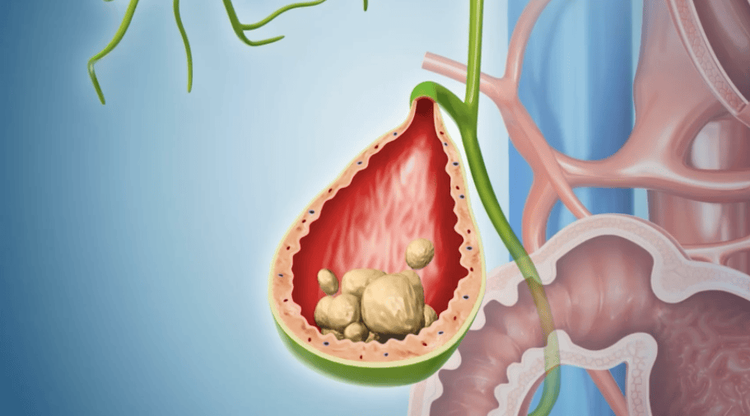
Sỏi mật trong ống mật có thể gây viêm xơ chai đường mật nguyên phát
Initial symptoms include fatigue and itching. However, some people still feel well and have no symptoms for many years, thus causing the disease to progress rapidly. Patients often have pain in the upper right abdomen; Fever with chills; Night sweats; Enlarged liver; weight loss; Yellow eyes and skin.
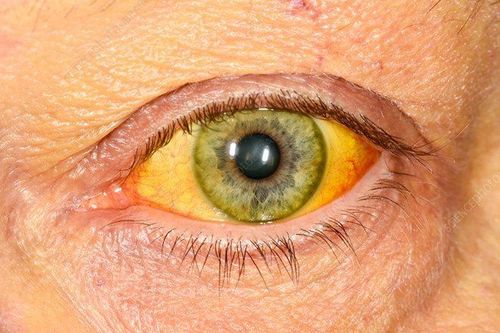
Dấu hiệu vàng mắt và da
2. Is primary sclerosing cholangitis dangerous?
Complications of primary sclerosing cholangitis are very dangerous, they not only affect the digestive organs but also affect other organs in the body. The following are typical complications of primary sclerosing cholangitis.Paroxysmal hypertension: The cause of this complication is cirrhosis of the liver, scarring of the liver that causes a part of the blood flow from the veins to the heart to be blocked, pooling, causing a state of paroxysmal hypertension. .
Liver failure ascites and liver edema: This is the accumulation of fluid in the liver and abdomen causing ascites causing the peritoneum to become inflamed due to a serious infection. This case should be treated immediately, because the mortality rate of the patient is very high.
Varicose veins: Caused by paroxysmal high blood pressure that thins the blood vessels inside the body. If the blood vessel is too thin, it can rupture. Broken blood vessels in the esophagus and stomach can cause severe bleeding.
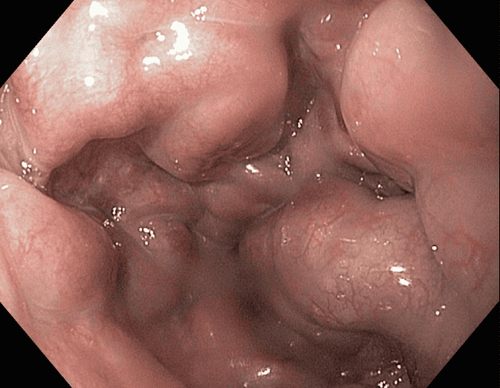
Giãn tĩnh mạch thực quản dạ dày
Enlarged spleen: The cause of splenomegaly is due to the retention of platelets and white blood cells, so these cells are retained in the body.
Gallbladder and bile duct stones: This complication often appears when biliary cirrhosis, bile has no way to circulate the gallbladder as before. With gallstones, symptoms include abdominal pain, recurrent cholangitis, and jaundice.
Osteoporosis: Caused by cirrhosis of the liver that interferes with the liver's ability to process vitamin D and calcium, which are essential for the growth and maintenance of healthy bones. As a result, the patient suffers from osteoporosis.
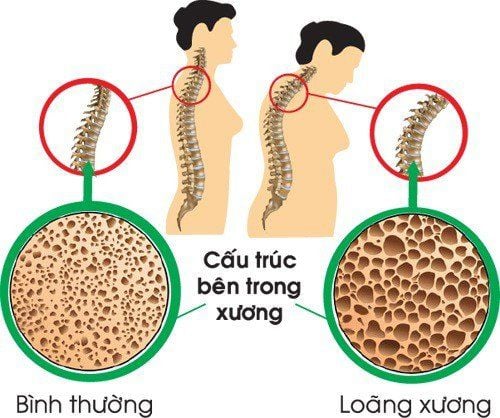
Loãng xương do xơ gan
Liver cancer : This disease is common in people with cirrhosis and has a high mortality rate if not detected early.
3. Treatment of primary sclerosing cholangitis
There is currently no specific treatment for primary sclerosing cholangitis. The main treatments for this disease include:Treatment of itching: Using antihistamines to relieve the symptoms of itching. Antihistamines can help you sleep if the itching wakes you up.
Treatment of infections: When the bile ducts are narrowed or blocked, the bile becomes susceptible to bacterial infections. To avoid and treat infections, people with sclerosing cholangitis may be given multiple courses of antibiotics or long-term antibiotics.
Beta-blockers and nitrates: These drugs are used to treat paroxysmal hypertension. These drugs also slow the heart rate and dilate blood vessels to reduce pressure on the heart. Besides, beta-blockers also reduce the possibility of bleeding from varicose veins and reduce venous pressure.
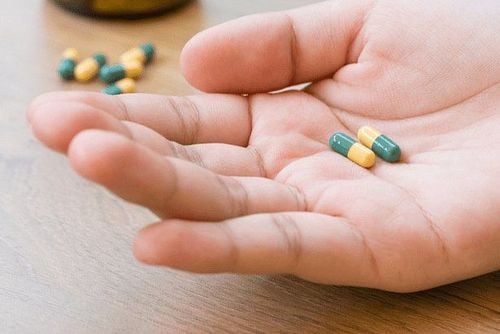
Điều trị viêm xơ chai đường mật nguyên phát bằng thuốc
Colon cleansing with lactulose, laxatives: To treat hepatic encephalopathy caused by primary sclerosing cholangitis, the patient will be colonized with laxatives and lactulose; Simultaneous treatment with antibiotics if really necessary and beneficial for the disease
Liver transplant: Liver transplant is the only treatment that can cure primary sclerosing cholangitis. Liver transplantation is reserved for people with liver failure or other serious complications of primary sclerosing cholangitis.
Please dial HOTLINE for more information or register for an appointment HERE. Download MyVinmec app to make appointments faster and to manage your bookings easily.





